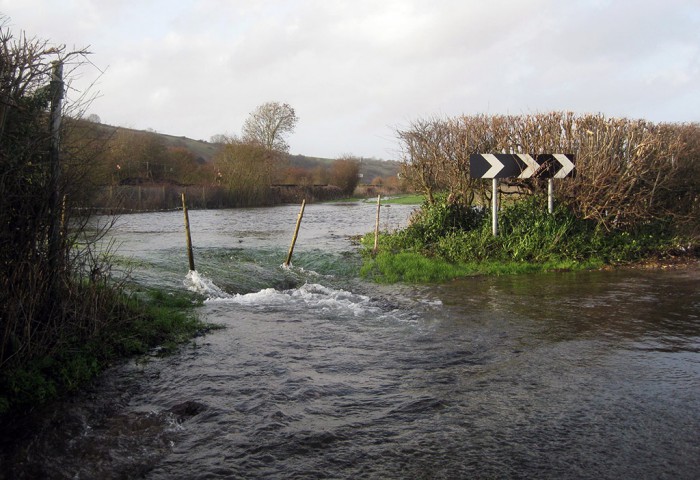
Some weeks ago, I retweeted a thoughtful, well-informed article that suggested that the OSCE might have greatest relevance providing ‘resilience for a rainy day’.
Resilience has to be built up, just as the human body creates antibodies to ward off disease and infection. In healthcare, resilience does not just mean Accident and Emergency services; the first line of defence is primary, or preventative, care. And this is perhaps a good analogy for much of the OSCE’s comprehensive security mandate.
The ‘Ukraine crisis’ has certainly changed perceptions of the OSCE’s usefulness: we should use the opportunity to make it as effective as possible. I hope that a forthcoming report by an ‘Eminent Persons Panel’ headed by Munich Security Conference Chair, Wolfgang Ischinger, will offer both vision and practical proposals.
The OSCE is a significant component of European security ‘architecture’ and, through its Helsinki principles and military confidence and security building measures (CSBMs), of the international rules based system. But it isn’t enough for the OSCE to be on crisis standby. It must actively build up resilience across our region, focusing attention and resources where they are needed most and make most difference.
Such activity rarely makes peacetime headlines. Over the past few weeks, I have learnt more – and blogged about the work of OSCE teams in Kosovo and Albania and the OSCE’s autonomous institutions promoting freedoms, rights and democratic institutions to build healthy, stable societies.
As with healthcare, prevention is better than cure. But where this fails to prevent conflict, resolution, as through the OSCE facilitated Ukraine Trilateral Contact Group, is the next resort. Where short term resolution proves impossible, e.g. over Nagorno Karabakh, the OSCE remains engaged in conflict/crisis ‘management’. Post-conflict support for rebuilding and reconciliation completes the cycle.
It is sometimes said that OSCE strengths – inclusivity and a consensus based approach – are also its limitations. Without enforcement mechanisms and operating through political agreement it depends upon political will and good faith. Trust lies at its heart.
Russia has forfeited trust by illegal annexation of Crimea and creation of a conflict in south-eastern Ukraine costing thousands of lives, including Russian soldiers. We must hope that the ceasefire holds and the Minsk agreements are implemented in full, returning to Ukraine control of its sovereign territory and borders. It can surely not be in Russian interests to have instability on its borders and a costly, long term drain upon its economy.
OSCE states would be delighted if Russia took steps to end its isolation, restore trust and cooperate on shared security and resilience. The OSCE is indeed about resilience – but not just for a rainy day. Rainy day resilience is important, but it is our collective responsibility to try to ‘make the weather’ too.
